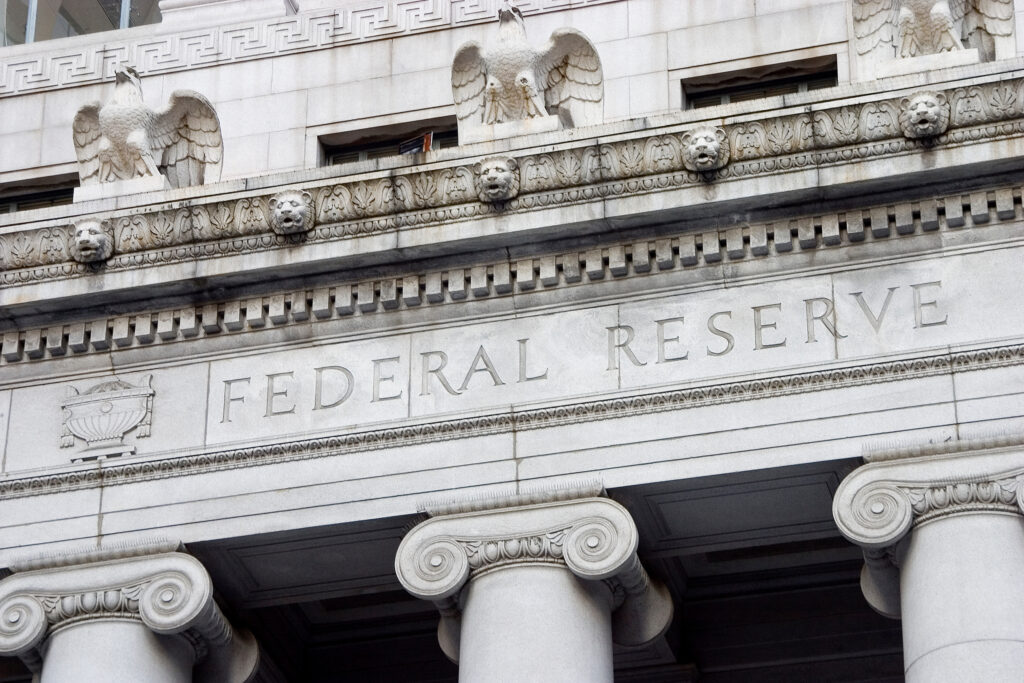Darius joined Adam Taggart on Thoughtful Money this week to discuss the current REFLATION Market Regime, the resiliency of the US economy, the US consumer, and more.
If you missed the interview, here are the three most important takeaways from the conversation that have significant implications for your portfolio:
1. Investors Should Position In Line With The Current REFLATION Regime
Our 42 Macro Risk Management Process simplifies complex market dynamics into a straightforward three-step approach:
- Position for the Market Regime
- Prepare for regime change using quantitative signals with our Macro Weather Model
- Prepare for regime change using qualitative signals via our fundamental research
Currently, we are in a REFLATION Market Regime. In this environment, investors should consider the following key portfolio construction considerations:
- Risk Assets > Defensive Assets
- High Beta > Low Beta
- Cyclicals > Defensives
- Growth > Value
- Small & Mid Caps > Large Caps
- International > US
- EM > DM
- Spread Products > Treasurys
- Short Rates > Belly > Long Rates
- High Yield > Investment Grade
- Industrial Commodities > Energy Commodities > Agricultural Commodities
- FX > Gold > USD
To consistently stay on the right side of market risk, investors should position in accordance with the prevailing Market Regime.
2. The Resilient US Economy Does Not Require Rate Cuts, But The Fed Wants To Cut Rates Anyway
According to the March 2024 Fed Dot Plot, the Fed is guiding to three rate cuts in 2024, three in 2025, and three in 2026.
At the same time, the US Economy continues to prove resilient across various metrics, including income, consumption, and the labor market.
While we maintain the view that the resilience of the US economy does not justify rate cuts, the Fed’s inclination towards cutting rates has served as a positive driver for asset markets.
3. The US Consumer is Resilient Because of The West Village-Montauk Effect
The essence of the “West Village-Montauk Effect” can be summarized as follows: With a substantial stock of savings, there is less pressure to save a significant portion of your disposable income.
We are witnessing this effect in relation to the US consumer. Since the close of 2019, both households and corporations have experienced a boost in wealth:
- Household cash reserves have surged by 135%.
- Corporate cash reserves have increased by 51%.
- Household and corporate net worth have soared by approximately 34%, outpacing inflation.
This notable growth primarily occurred due to government spending during 2020 and 2021, which included COVID-related tax breaks, forgivable PPP loans, and extensions of jobless claims. A considerable portion of this expenditure entered private sector balance sheets. Simultaneously, as household and corporate net worth expanded, the monthly flow of US Personal Savings turned negative, demonstrating the eagerness of US consumers to spend a higher share of their disposable income due to the elevated stock of savings.
That’s a wrap!
If you found this blog post helpful:
1. Go to www.42macro.com to unlock actionable, hedge-fund-caliber investment insights.
2. RT this thread and follow @DariusDale42 and @42Macro.
3. Have a great day!


